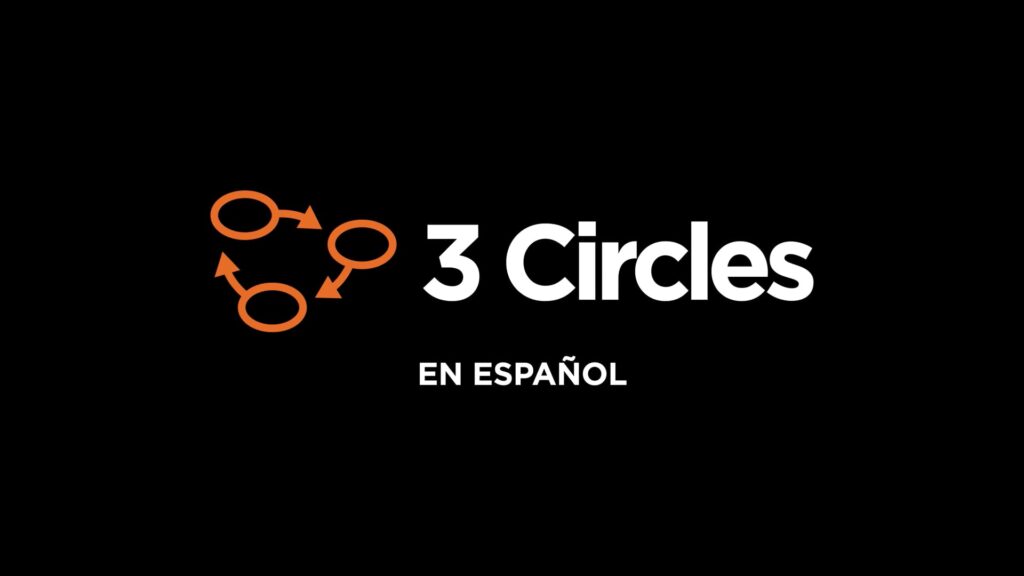There’s something about pastoring a church that causes us to stay in perpetual research mode.
Maybe it’s our seminary training. Maybe it’s the stats and facts we live in daily. Who knows?
What I have noticed is that many pastors suffer from “analysis paralysis.” What’s that? Wikipedia gives a great definition:
Analysis paralysis is the state of over-analyzing (or over-thinking) a situation so that a decision or action is never taken, in effect paralyzing the outcome. A decision can be treated as over-complicated, with too many detailed options, so that a choice is never made, rather than try something and change if a major problem arises. A person might be seeking the optimal or “perfect” solution upfront, and fear making any decision which could lead to erroneous results, while on the way to a better solution.
That’s what happens with evangelism. Our tendency is to overthink it, to overanalyze it, and overcomplicate it.
Maybe you’ve heard this: It takes 10,000 hours to be an expert at something.
But as Dwight Shrute would say: False.
Okay, maybe not false, but at least inadequate.
The truth is, it takes 10,000 hours of deliberate practice to become an expert. “Deliberate practice” means you need to spend 10,000 hours doing something, measuring the results, improving the weaknesses, and then practicing again.
The shorter axiom is about information. The more accurate one is about implementation.
And as someone really smart said: “Education without implementation is merely entertainment.”
So, here’s the problem with evangelism:
Our tendency is to read, listen and talk about it, while kicking the “doing can” down the proverbial road.
We can research forever:
- Do revivals still work?
- Does door-to-door witnessing still work?
- What’s the best way to give an invitation?
- How should I work the gospel into my sermons?
- Should I do it every Sunday?
- How do I create a culture of evangelism?
- Does a mission statement make a difference?
- Should I print invitation cards for my members to hand out?
The legitimate list of questions could go on ad nauseum. But here’s the problem: As long as we are debating those questions, we aren’t getting any better at evangelism.
Evangelism doesn’t happen because we talk about it. Evangelism happens because we are doing it.
Professor is good. Practitioner is better.
Instead of wondering if evangelistic revivals work, just hold one. Get a competent, Spirit-filled, hot-hearted, gospel-driven evangelist and book a revival. Promote it to the maximum. Enthusiastically build it up. Pour resources into it, mobilize your people to invite the lost, and then see if people get saved. If many do, it works. If some do, you may need to correct, adjust, and try it again next year. But you may be surprised.
Instead of asking if door-to-door evangelism works, just go do it. Get a team together and canvas a large neighborhood. Make doorstep visits. Leave gifts and invite cards. Ask people face-to-face to come to church. Share the gospel right there as conversations develop. Do it several times in one year and measure the results. Did guests visit your church? Did people come to faith in Christ? Measure and adjust and evaluate. You may be surprised.
I know Jesus was primarily speaking of net-casting style of fishing when He spoke of “fishing for men” but let your mind think about a modern-day fisherman for a moment.
What does a good 21st-century fisherman do? He tries try a lure, casts the line, checks the results. Then he tries another lure, does the same, and compares the results. He tries a spot here and then a spot there, moving the boat at strategic intervals, comparing results again. Before long he knows the best strategies and the best locations — then he doubles down on that.
But here’s what he doesn’t do: He doesn’t sit on the bank, debating lures and locations.
He just starts fishing.
If you want to reach people in your community with the gospel, start fishing.
Don’t worry about doing it the best way possible out of the gate. Don’t overanalyze. Don’t complicate it. Just start throwing the line.
As R.G. Allen said, when you’re taking action, “there is no failure, only feedback.” You don’t get that feedback by reading about the doing.
Instead, adopt the mindset that learning is on the other side of doing — and break out of evangelism paralysis for good.,
Published October 24, 2018



